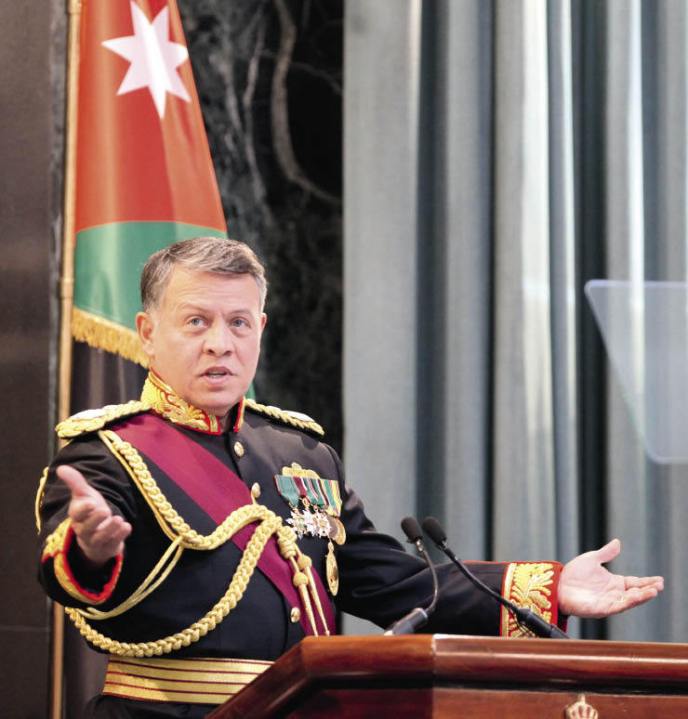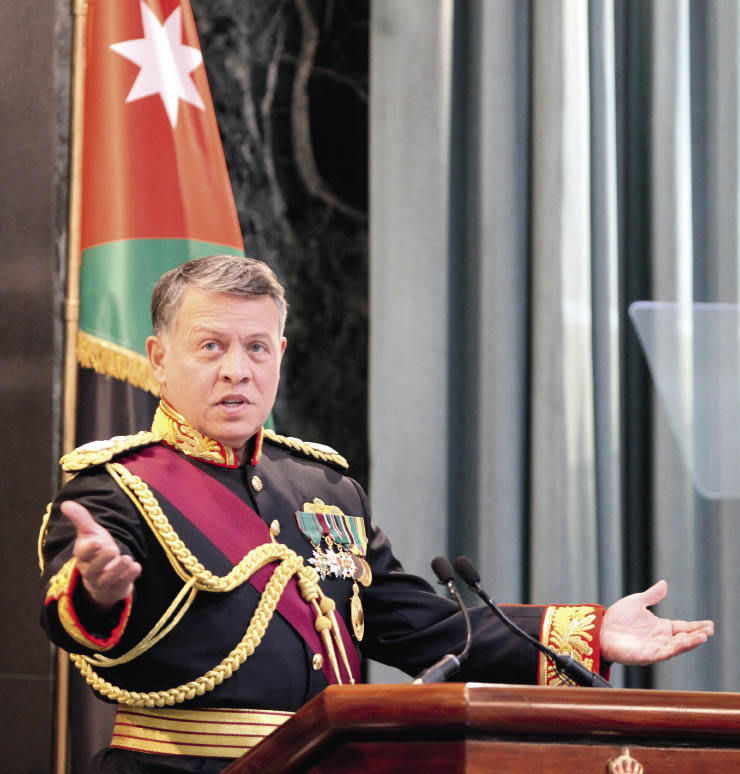When King Abdullah first started work on this political memoir two years ago, he can hardly have imagined how different the Middle East would look by the time of its publication. Change in this region, which prizes stability above all else, mostly occurs at a glacial pace, if it happens at all. Yet the region has been turned upside down so quickly, with the popular revolutions that began in Tunisia and Egypt, that one can reasonably wonder what other surprises may lie in store before this review is published. Change is no longer a political slogan voiced by a distant American president. It’s real. It’s happening now. Tunis and Cairo have proved to be only the start. Stability, all of a sudden, doesn’t look so stable.
If any family in the world can be said to represent stability, it is the Hashemite monarchy of Jordan. King Abdullah is a 43rd-generation direct descendant of the Prophet Mohammed.

Get Britain's best politics newsletters
Register to get The Spectator's insight and opinion straight to your inbox. You can then read two free articles each week.
Already a subscriber? Log in







Comments
Join the debate for just $5 for 3 months
Be part of the conversation with other Spectator readers by getting your first three months for $5.
UNLOCK ACCESS Just $5 for 3 monthsAlready a subscriber? Log in